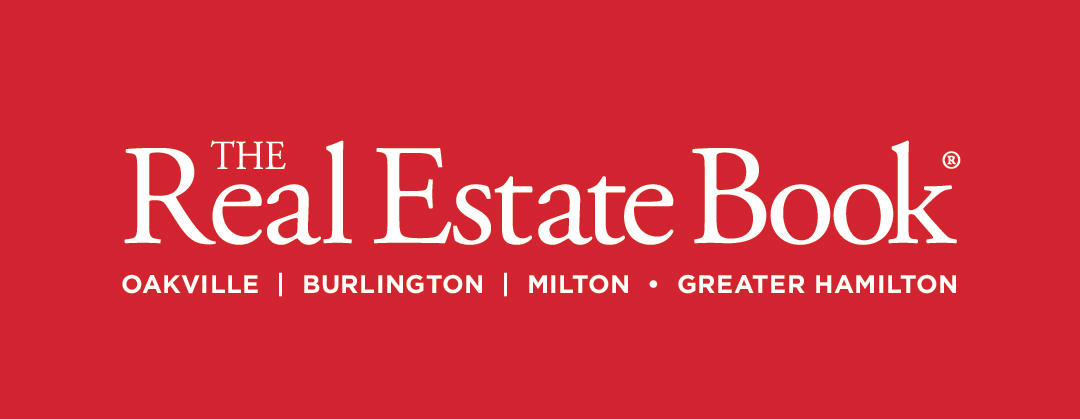Many first-time homebuyers have been forced to sit on the sidelines throughout the pandemic, unable to break into a market with record-high prices and outrageous bidding wars. To cool the overinflated market, the Bank of Canada raised interest rates in 2022, making it even harder for new buyers to afford the tighter stress test (they currently have to afford a rate increase of 2% or a mortgage rate of 5.45%, whichever is higher) and a higher-interest mortgage. But, as we learned during the pandemic, sometimes adversity requires a shift in mindset.
Colette Cooper from Royal LePage State Realty reminds us that it’s all relative. “While mortgage rates may be higher, we pay that mortgage on less expensive homes,” says Colette. “That $1.2 million home last year is now listing at around $900,000, so the costs balance out. There’s no question the market has stabilized, and new opportunities are available to buyers.”
According to Reisha Dass from RE/MAX Real Estate Centre, parents and their children need to change their mindset about saving for the future. “We need to be conditioned to invest in our futures,” says Reisha. “Our kids can learn how to create a side hustle when they’re young and save a portion of their money in a joint account with their parents. As parents, we can set up automatic withdrawals from our baby bonuses or a portion of our pay cheques into a separate account to invest in real estate or tangible assets that will grow over time.” Reisha firmly believes that children need to learn about saving money sooner to be better prepared when they get to working age. And with down payments being so much larger now, starting earlier is essential.
“We have to teach our kids to think bigger,” explains Reisha. “A down payment feels like a lot, but our kids can do it if we change how we speak to them about money. Do the math, learn where to cut back, and set goals for saving.”
Young adults today need to be equipped with $100,000 or more for a down payment for their first home, so we’re seeing a new trend of the young adult home buyer receiving financial assistance from parents or grandparents to make up the difference. Parents feel that home ownership is important and want to see their children enter the market, so they are using the equity in their homes to gift children the down payment as an early inheritance.
In Colette’s experience, “we are seeing parents lending adult children, on average, $40,000 to $70,000 towards a down payment by tapping into the equity in their homes through a line of credit.”
Most collateral lines of credit are about half a point over the prime rate and are repayable on a flexible schedule, making it an excellent option for families. “Some parents are delaying retirement to help their children, but most can move forward with their plans now that there are new incentive programs for first-time home buyers,” says Colette.
Several incentive programs were recently implemented in co-operation with OREA (Ontario Real Estate Association), the provincial government, builders and banks to keep people buying homes in Ontario. Colette explains, “Ontario became so expensive that people were moving out of the province, and we were losing too many valuable workers. These new programs specifically help first-time homebuyers to buy homes.”
First-time homebuyers will get a break from land transfer taxes and can withdraw up to $35,000 from their RRSPs as part of the Home Buyers’ Plan (HBP). Some builders exempt first-time home buyers from development charges, and the CMHC, in partnership with the Government of Canada, implemented the First-Time Home Buyer Incentive.
As with many facets of life in a post-pandemic 2023, we must shift our ideas and mindset to embrace new realities. Real estate is no different.
By Julie Achtermeier
Colette Cooper
Broker
Royal LePage State Realty, Brokerage
905.648.4451
colettecooper@royallepage.ca
Reisha Dass
Broker
RE/MAX Real Estate Centre, Brokerage
905.389.6734
info@reishadass.com
